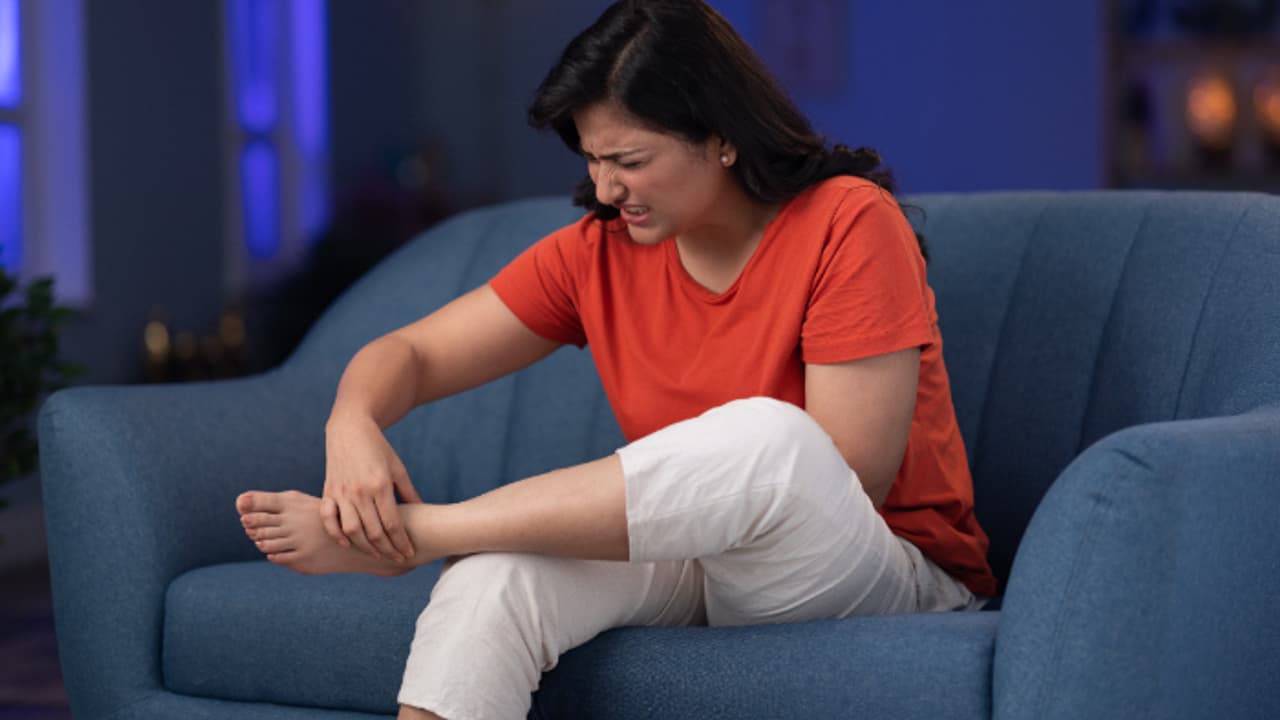Bone health is crucial for a strong, active life. Aging and other factors weaken bones early, increasing fracture risk. Beyond milk, diet, exercise, vitamin D, healthy weight, quitting smoking, and medication management can boost bone strength.
Bone strength is essential for a healthy and productive lifestyle. Naturally, bones tend to get weak and brittle with age, especially in women after menopause. Osteoporosis is the scientific term used to define severe bone weakness. It predicts the impending risk of bone fractures even with minor injuries. Apart from aging, many other factors can accelerate this process, making bones weaker at a much younger age.

What are they? Can we prevent it? And how?
Let us learn more about it. Here are 5 surprising ways to boost bone health:
1. Diet and Exercise
A balanced diet with optimal levels of protein (a mix of plant and animal proteins), calories, calcium, and vitamin D is essential for maintaining bone health.
Main dietary sources of calcium include milk and dairy products, green vegetables like broccoli and kale, and nuts like almonds and chia seeds.
A sedentary lifestyle has a significant negative impact on bone and muscle strength. Muscle-strengthening and weight-bearing exercises, along with brisk walking for at least 30 minutes a day, have shown to improve bone and muscle strength and reduce fall risk by improving balance.
2. Calcium, Phosphorus, and Vitamin D
Vitamin D is naturally synthesized in the skin through direct exposure to sunlight and then gets activated in the liver and kidneys.
The prevalence of Vitamin D deficiency has increased significantly over the last decade due to reduced sunlight exposure.
The active form of vitamin D is essential for the absorption of calcium and phosphorus from the intestines and kidneys.
Vitamin D deficiency leads to reduced calcium in the blood, prompting the body to extract calcium from bones, which weakens them over time.
3. Healthy Weight Loss
Encouraging weight loss in overweight and obese individuals improves bone strength and reduces the risk of osteoporosis. Maintaining an ideal body mass index (BMI) between 18.5 to 22.9 kg/m² supports good bone health.
4. Quit Smoking and Limit Alcohol Intake
Smoking cigarettes is known to accelerate bone loss. Quitting smoking and limiting alcohol to less than 2 units per day improves bone health significantly.
5. Modify Medications
Certain medications increase the risk of bone loss, especially when used long-term or in high doses.
Steroids are one of the most commonly misused medicines in India due to easy accessibility.
Other drugs that can weaken bones include heparin, phenytoin, carbamazepine, and hormonal therapies used in breast cancer.
Avoiding long-term use, reducing the dose, or switching to alternative medications can help reduce the risk of bone loss.
– Dr. Deepika Ponnuru, Consultant Rheumatologist, Manipal Hospital, Vijayawada


